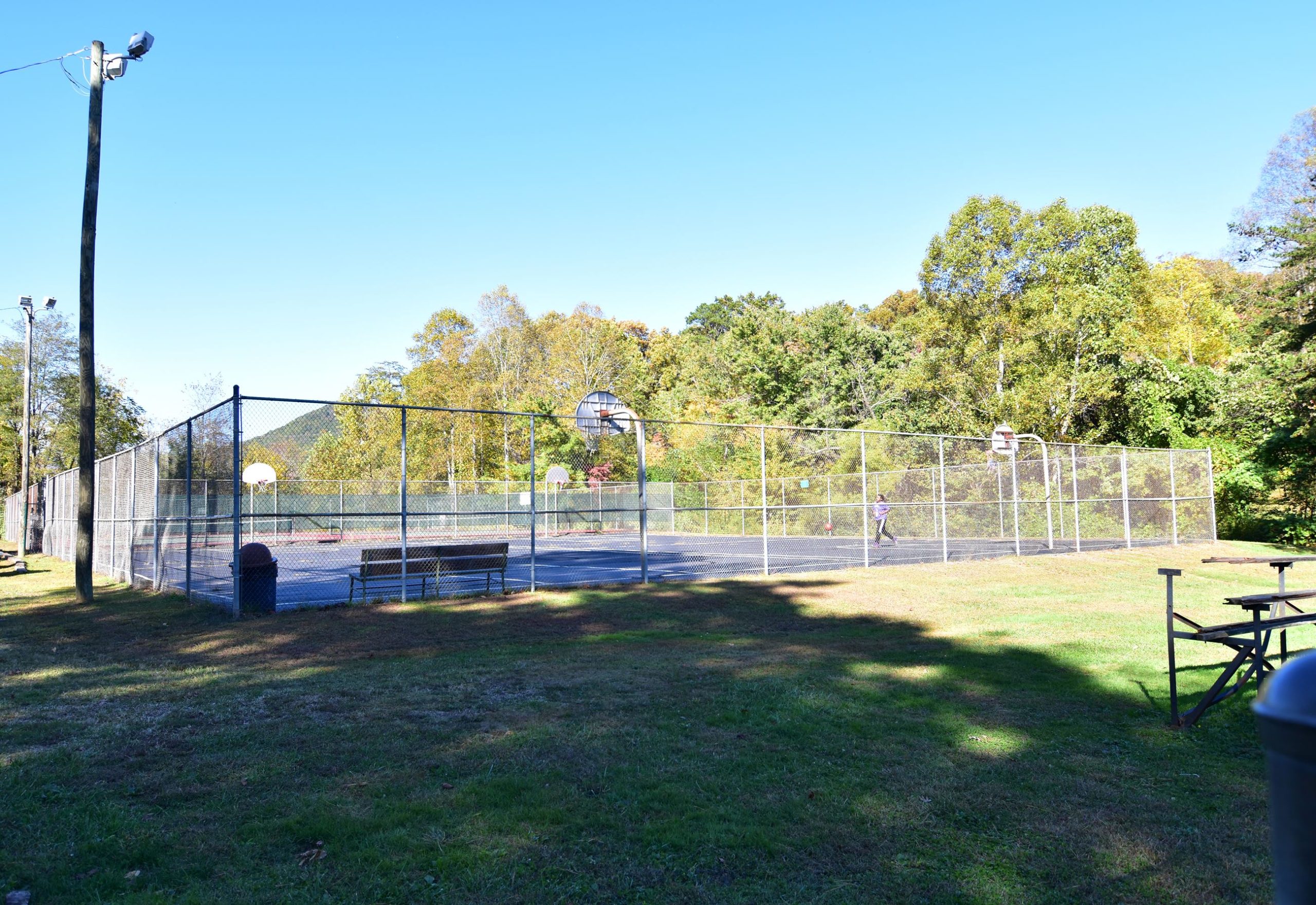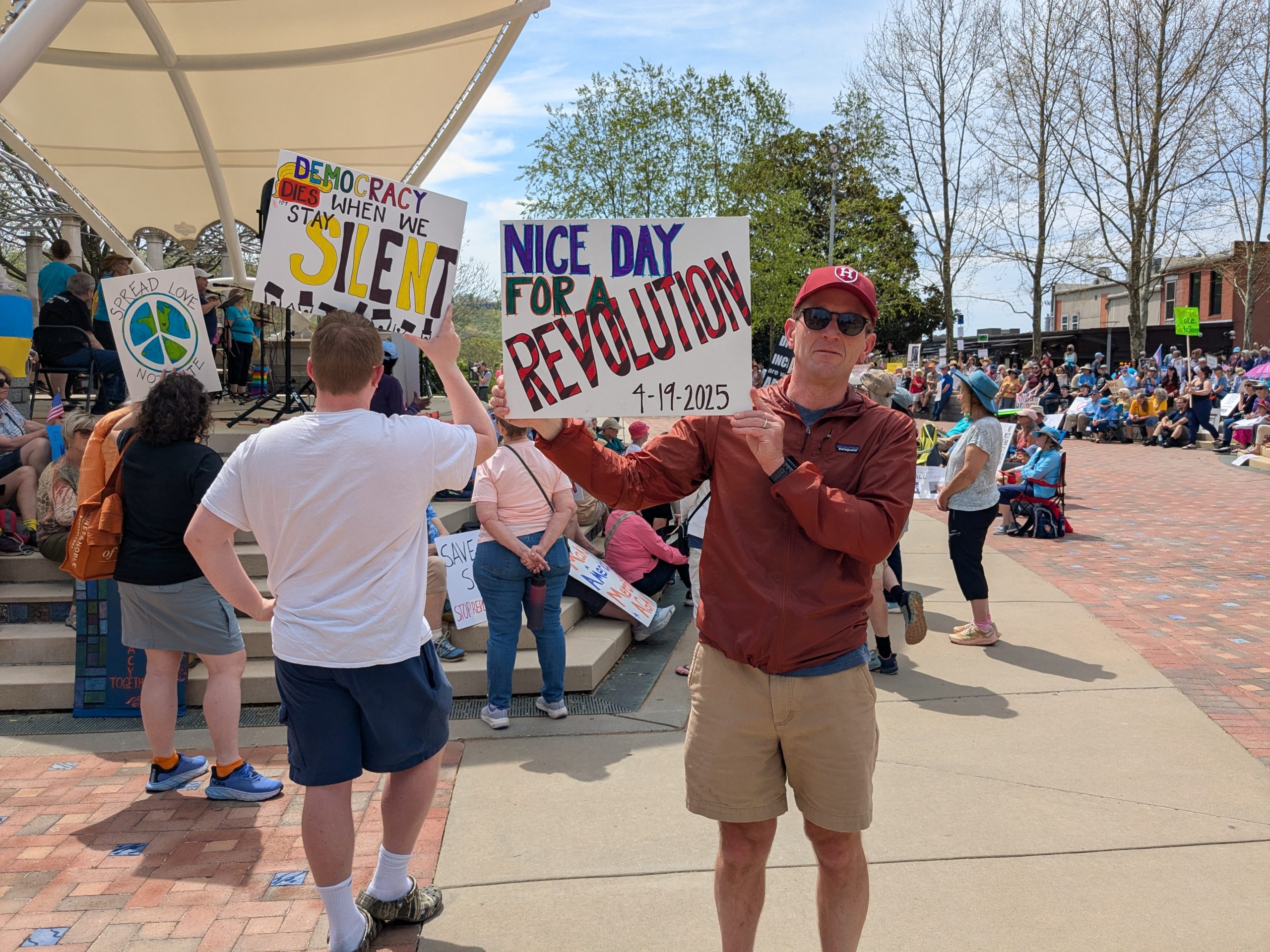by Lucas Thomae, Carolina Public Press
Securing federal relief funds after Tropical Storm Helene has been a challenge. Now, a new North Carolina agency must prove it can wisely manage a $1.4 billion home rebuilding program after the last effort fell short.
State lawmakers are still fuming after ReBuild NC, the recovery office created in the aftermath of Hurricanes Matthew (2016) and Florence (2018), informed them that it went broke with more than 1,000 homes yet to be rebuilt.
The legacy of that blunder looms over the Division of Community Revitalization, the new office tasked with administering a rebuilding program for areas hit hardest by Helene. Gov. Josh Stein created the office within the Department of Commerce during his first day in office.
[Subscribe for FREE to Carolina Public Press’ alerts and weekend roundup newsletters]
“I want to make sure that we’re getting maximum value out of each dollar,” Stein said of insufficient disaster relief funding in an interview with Carolina Public Press last month.
The leaders of the new state agency have appeared in front of lawmakers twice already this year to answer questions about how they plan to succeed where ReBuild NC failed.
“North Carolina cannot afford another failed disaster recovery program,” state Rep. Brenden Jones, R-Columbus, said during a March 6 hearing conducted by the Joint Oversight Committee on Hurricane Response and Recovery. “The failures we saw with [ReBuild NC] in Eastern North Carolina cannot be repeated. I sincerely hope those leading this effort have learned from those mistakes.”
‘Last resort’
In January, the U.S. Department of Housing and Urban Development announced the allocation of $1.6 billion for disaster recovery grants in North Carolina. The federal agency plans to send $1.4 billion to the state and earmarked an additional $225 million specifically for Asheville.
Soon after North Carolina submitted its required plan on how it intends to use that money, the federal government approved the effort April 25. Asheville is still waiting for approval of its own action plan, which was submitted last month.
But despite Stein boasting that North Carolina submitted its action plan faster than any other state in history, the projects that this grant program funds will not happen quickly. That’s because rather than addressing immediate needs, the Community Development Block Grants are meant to facilitate long-term recovery. The state has six years to administer the $1.4 billion rebuilding program, according to the terms of the grant.
In a press release, the governor’s office called the money “last resort” funding to be used after other recovery sources like private insurance have been tapped.
By tempering expectations, the state is trying to avoid the criticism and public scrutiny that plagued ReBuild NC in recent years.
Tasked with managing more than $1 billion in state and federal relief funding, ReBuild NC’s leaders told lawmakers at an oversight hearing in November that the office was more than $200 million in debt despite having a backlog of nearly 1,200 unbuilt homes.
The state legislature reluctantly granted the money in its latest disaster relief bill, but not before former director Laura Hogshead was ousted from her job.
‘Small and nimble’
Stephanie McGarrah, who leads the new Division of Community Revitalization, is well aware of the pressure on her.
McGarrah told CPP that “there are lessons to be learned” from how ReBuild NC operated.
First, the Division of Community Revitalization will be much smaller with only 10 full-time and seven part-time employees compared with the more than 200 workers that made up ReBuild NC. Instead of relying on its own workforce to complete rebuilding projects, McGarrah said her office’s approach will be to use more outside vendors and contractors.
By building a “small and nimble” new agency, McGarrah said that the office can move more quickly through bureaucratic policies and cut down on administrative tasks.
As for her own pedigree, McGarrah comes from another office within the Department of Commerce that focused on pandemic recovery. In that job, she managed relief funding nearly eight times the amount of this federal housing grant, and in the process North Carolina’s economy came out of the pandemic stronger than most other states.
“I just spent the last 4 1/2 years managing $11 billion in pandemic recovery funds with clean audits, and we were audited about 16 times in four years,” McGarrah said. “So I have a strong team and a strong, good experience in making sure that we are complying with federal and state rules, and I take it very seriously.”
‘A massive job’
The terms of the grant require that at least 80% of the funds must be spent in areas determined by the federal government to be “most impacted and distressed” by Helene.
Areas with that designation include 12 counties (Ashe, Avery, Buncombe, Burke, Haywood, Henderson, McDowell, Mitchell, Rutherford, Transylvania, Watauga and Yancey) and parts of Caldwell, Cleveland, Madison, Mecklenburg and Polk counties.
As for how the state plans to spend that money, most of it is reserved for housing. Reconstruction and repairs for owner-occupied homes make up the bulk of that funding at $807 million, while $244 million is set aside for repair and construction of small rental properties, multifamily homes and affordable housing specifically for middle-income workers.
While housing is required to be built within six years from the start of the grant funding, McGarrah said her goal is to complete those projects faster.
“I think (six years) is too long,” she told lawmakers at the March 6 oversight hearing. “But I also know from managing grants that you run into problems.”
The remaining $374 million of the federal grant money is set to go toward infrastructure repairs, commercial district revitalization and administration costs.
McGarrah said that the infrastructure repair and commercial district revitalization programs will be good, secondary options for communities that did not have all of their financial needs covered by other funding sources like Federal Emergency Management Agency reimbursements and small-business grant programs.
“One of the hard things about disaster recovery funding is it’s not like you just go to one place and it’s straightforward and easy,” McGarrah said. “The way that we do this as a nation, you really have to piece together different programs.”
The process will be a long one. McGarrah thinks the new state agency can provide communities with the final few pieces of the puzzle that is disaster recovery. She committed to sharing regular public updates on the program’s progress as it gets underway.
“This is a massive job, but failure is not an option,” Jones told her at the March 6 hearing. “You see, I’m pretty passionate. I mean, I still have over 1,000 folks out (of their homes). We cannot do this, and I just want you to know that we’re counting on you, but more importantly, the folks in the west are counting on you.”
This article first appeared on Carolina Public Press and is republished here under a Creative Commons Attribution-NoDerivatives 4.0 International License.![]()









